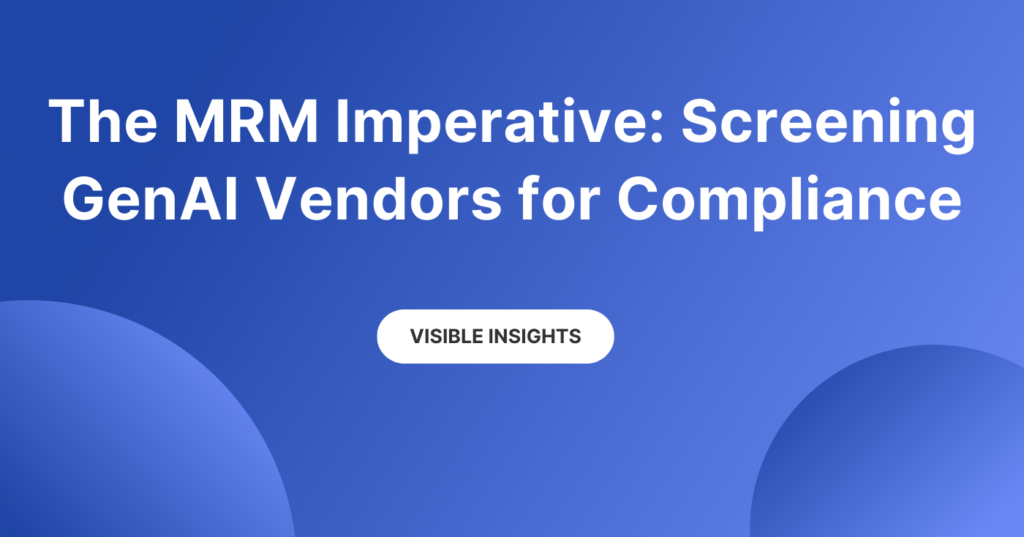Trading from home: how firms are adapting to COVID-19

You don’t need to be a futurist to guess how this is going to play out. When over a million licensed traders simultaneously shifted overnight from trading billions of dollars within secured offices to trading from their kitchens and bedrooms, the situation created countless opportunities for market abuse. And chaos in the markets.
According to a 2018 report by The Modern Trader, there are more than 13.6 million traders who are actively engaged in the markets; although many of these traders are not associated with firms, the potential for market abuse remains and their trades cannot go unchecked. Today, in the COVID-19 era, that means traders are just beyond the reach of current compliance officers now transacting deals on the global markets. Trading from home, although convenient and safe in a COVID world, is a compliance officer’s worst nightmare.
Our ability to assess risk is now compromised
Everything changed in mid-March. Within the context of trading from home, what’s changed dramatically is our collective ability to monitor eComms and assess risk. Many firms have adopted the tactic of bombarding their employees with reminders of conduct, ethics and the threat of future penalties. Some banks have repurposed their compliance officers into customer service agents to help ensure consumer protection. Others have spent months grappling with their inability to adapt.
The consistent observation is that larger banks were better prepared with business continuity plans and they had the funds available to rapidly implement solutions to enable trading from home. In contrast, the smaller banks have struggled, and many are still looking for a solution. Home office setups were, at least initially, inadequate for many traders. In a field where microseconds count, things like the simple lack of multiple monitors and note-taking on paper put some traders at a disadvantage over others.
Enter the model of “blended work”
When CFOs were asked if their traders were all going to return to the office, “Probably not,” was the overwhelming response in a recent study conducted by Gartner. Remote work has conferred substantial cost-savings that most firms are now considering as a strategy to offset losses incurred as a result of the market volatility observed during the pandemic. CFOs are going to have to be creative to avoid layoffs, to minimize the effects of their scaled-back operations and to keep their traders safe: flexing office time is one way to meet all these goals. Around one-third of firms have already deferred or plan to defer their on-premise technology spend. Based on the data, 74% of CFOs surveyed are planning to make working from home permanent – at least for 5% or more of their employees.
As blended work becomes the new norm, firms will need to have compliance monitoring solutions that work seamlessly in the office and remotely, wherever their traders live or work, be it someone’s home or weekend getaway destination. The primary pinch point? eComms.
Firms enabled with advanced technology to monitor the once-taboo and now essential mobile phone dialogue will meet compliance standards. As a general rule, people talk about what they’re going to do then brag about it once they do it: eComms monitoring technology can detect that in traders’ activity. In contrast, those who are unable to detect subtle changes in message frequency, nuance in the messages, atypical inclusion of certain emoji symbols and so on will be at risk of non-compliance. And, even worse, firms without an ability to monitor their traders’ dialogue could actually be aiding the potential for their traders to enact market abuse.
Good surveillance solutions can not only detect acts of market abuse based on these subtle changes in eComms, but they can also detect intent. Firms with eComms technology can potentially offer their clients – and regulators – enhanced security compared to the traditional practice of compliance officers “walking the trading floor.” Given the uncertainty ahead with respect to the restrictions associated with the pandemic, and the newly acquired “taste” by brokers around working from home, COVID-19 may have accelerated the need for all firms to have eComms monitoring solutions going forward.
Trading is no longer conducted from one place
Distributed operations models and trading from home must now become an essential part of all business continuity plans. Trading from home will be the new normal and banks will be required to take the precautions needed to ensure consumer protection and adherence to all financial regulatory compliance measures. Siloed efforts to monitor, analyze, investigate and report suspected incidents of market abuse will need to be aggregated into comprehensive solutions funneled through a single point of access to ensure accuracy and effectiveness. Since it is unlikely that firms will standardize on a single platform for eComms, solutions will need to flex to accommodate the varying technologies deployed through Skype for Business, Microsoft Teams, Google Meet, WhatsApp and other messaging platforms on the horizon. Traders also want clear definition and to be held to the same standard if they become the subject of an investigation; this is challenging for firms lacking comprehensive eComms monitoring.
Many firms are now lobbying regulators for a reprieve and the reassurance that they will not be sanctioned for non-compliance during the COVID-19 crisis. The Securities and Exchange Commission (SEC) and Financial Conduct Authority (FCA) have issued stern warnings regarding market abuse: there will be no leniency as they seek punitive action against insider trading and other forms of market abuse. It’s probably only a matter of time before the investigations begin. As of the end of March, the FCA had already received several thousand “tips” regarding suspected insider trading orders and transactions, yet they haven’t opened any investigations.
Trading is no longer conducted from one place, but surveillance should be: comprehensive and effective monitoring plus reporting should be a single-point solution. As the novel coronavirus has exacted its toll on the financial and physical well-being of the world, it has also ushered in new normals regarding everything from social distancing to trading from home. What hasn’t changed is the commitment and responsibility of market watchdogs to monitor for market abuse coupled with their authority to prosecute all instances of it – so long as they can detect and accurately investigate it. The smaller firms will likely continue to lag behind in meeting compliance requirements given their comparatively lower budgets and lack of expertise versus the larger banks. Solutions do exist – they just need to be implemented – and there’s never been a better time than now.
Related Articles

The MRM imperative: Screening GenAI vendors for regulatory compatibility
Subscribe to Shield’s Newsletter
Capture everything. Deploy anywhere. Store in one place.


